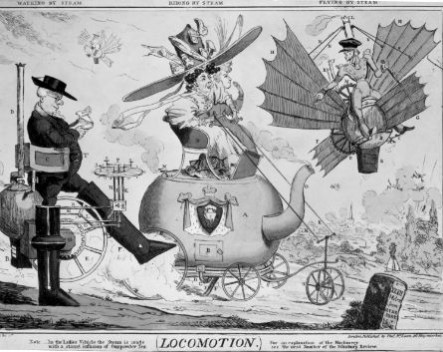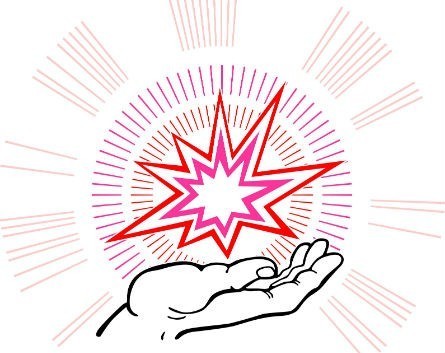“We can, we must, do better”: CSIRO report highlights innovation inefficiency as roadblock to growth – StartupSmart

A new CSIRO report has highlighted Australia’s poor innovation efficiency and research-business collaboration as major roadblocks to entrepreneurial innovation.
Australia’s Innovation Catalyst strategy for 2015-2020 is a blueprint to improve the country’s innovation standards and help respond to global demands and disruptions, and outlines how the CSIRO hopes to become a global collaboration hub.
The report crowd-sourced ideas and suggestions from over 7000 research partners, collaborators, staff and members of the general public.
It notes Australia ranks last in the OECD for research-business collaboration and 81st in the world in terms of innovation efficiency, the return on investments in scientific research.
“If that was a team sport ranking, we’d be outraged,” CSIRO chief executive Dr Larry Marshall says. “Australia’s prosperity, health and sustainability is closely bound to our capacity for innovation.”
“We can, we must, do better. This is where profound innovation happens.”
Sandra Mau, the founder of Brisbane-based startup Trademark Vision, which is the result of commercialising research from NICTA, isn’t surprised.
“For most tech startups, having both a good collaboration between tech and business is necessary, but finding good people for both sides can often be difficult,” Mau says.
“We started out on the technology and product side, and it took our company over a year to find a good business.”
Trademark Vision is a platform using image recognition to search for similar trademarked logos. It was founded in 2011 by Mau, who says it’s had to develop across this time to stay innovative.
“We pivoted twice using the customer discovery approach. We started off with an idea for using face recognition to help protect online reputation on social media, and then we pivoted to brand protection online and focusing on a niche in trademarks,” she says.
The report highlights the difficulties that the Australian tech startup scene is having in transitioning ideas into real businesses and products, and says more reliance needs to be placed on the customers’ needs.
“We must put the current and future needs of our customers first, and always ask ourselves – who is the customer, what value do they need, and are we delivering?” Marshall says.

Mau says this difficult transition can be overcome by listening to the users, and being willing to evolve over time.
“Customer discovery is usually the first step. Most startups start off doing one thing, and through speaking with end-users, end up selling something completely different,” she says.
“Interacting with many different potential user types and having the flexibility to pivot is often helpful for turning an idea into a useful product.”
“Spend less time on development and more time on speaking with potential customers to understand the problems in that space,” she says.
The CSIRO report also identifies seven “megatrends” which will guide the science, technology and innovation we do, including ‘more from less’, planetary pushback and digital immersion.
Minister for Industry and Science Ian Macfarlane says how we react to these issues will be a defining moment for the nation.
“How well Australia industry and researchers rise to the challenge of lifting collaboration rates and boosting commercialisation of Australian ideas and products will determine the role we play in the constantly evolving global economy,” Macfarlane says in the report.
Raising your first round of capital? Starting a crowdfunding campaign? Want to grow your business with Instagram? StartupSmart School can help.

